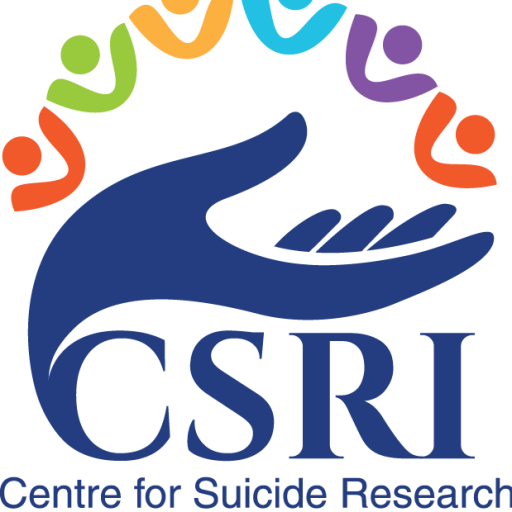Myths about self-harm
Myth: Self-harm is attention-seeking behavior.
Fact: Self-harm is often a coping mechanism used by individuals to manage overwhelming emotions, and it is not necessarily a cry for attention. Many people who self-harm do so in private and may go to great lengths to hide their scars or injuries.
Myth: Only teenagers self-harm.
Fact: While self-harm is more commonly associated with teenagers, individuals of any age can engage in self-harming behaviors. It can affect people across all demographics, including adults and even children.
Myth: Self-harm is always a suicidal behavior.
Fact: Self-harm is not always indicative of suicidal intent. While there may be a connection between self-harm and suicide risk, many individuals engage in self-harming behaviors as a way to cope with emotional pain without intending to end their lives.
Myth: People who self-harm are weak or attention-seeking.
Fact: Self-harm is a complex behavior influenced by various factors, including mental health issues, trauma, and coping mechanisms. It does not reflect weakness, but rather a struggle with emotional distress and coping mechanisms.
Myth: Self-harm is just a phase that individuals will outgrow.
Fact: While some individuals may stop self-harming as they learn healthier coping strategies or with professional help, for many others, it can be a long-term struggle requiring ongoing support and treatment. It is essential to take self-harm seriously and seek help when needed.
Myth: Self-harm is only cutting.
Fact: While cutting is a common form of self-harm, it can take many other forms, including burning, hitting, scratching, hair pulling (trichotillomania), and more. Self-harm is any deliberate, non-suicidal behavior that causes physical harm or pain to oneself.
Myth: Self-harm is always a sign of mental illness.
Fact: While self-harm is often associated with mental health conditions such as depression, anxiety, or borderline personality disorder, not everyone who self-harms has a diagnosed mental illness. It can also be a response to stress, trauma, or difficult life circumstances.
Myth: If you confront someone about their self-harm, it will make them stop.
Fact: Confronting someone about their self-harm without understanding and support can be counterproductive and may lead to increased feelings of shame and isolation. It’s essential to approach the topic with empathy, understanding, and a willingness to listen and support the individual in finding healthier coping strategies.

